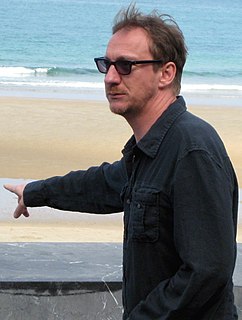A Quote by Robert Bly
Related Quotes
My ethics, my sense of morality, my work ethic, my sense of compassion for suffering humanity, all of that comes directly out of the practice of poetry, as does my Buddhist practice. Poetry is a very important element in the history of Buddhism in general and in Zen in particular. It was really Zen that motivated me to change the way I perceive the world.
Science, in its ultimate ideal, consists of a set of propositions arranged in a hierarchy, the lowest level of the hierarchy being concerned with particular facts, and the highest with some general law, governing everything in the universe. The various levels in the hierarchy have a two-fold logical connection, travelling one up, one down; the upward connection proceeds by induction, the downward by deduction.




































